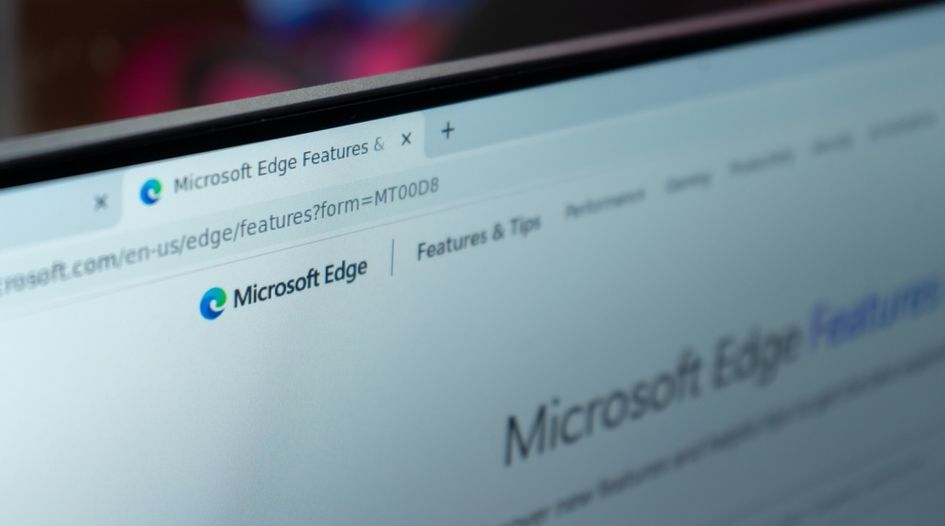Web browser Opera is challenging the European Commission’s decision to spare Microsoft’s Edge browser from gatekeeper duties – the first appeal against a Digital Markets Act decision by a third party.
The company said today it has lodged an appeal with the EU’s General Court to set aside the agency’s decision not to designate the web browser as a core platform service, saying the enforcer failed to correctly assess Edge’s “durable and privileged position” on Windows devices.
It marks the first time that a non-gatekeeper company has issued a legal challenge against the agency’s DMA findings, opening a new front against the agency in DMA-related litigation. Gatekeepers Apple, Bytedance and Meta have also lodgedappeals against aspects of the agency’s decisions.
“Edge, like Internet Explorer before it, is the gatekeeper through which users on Windows must pass to download another browser,” Opera said. “This is precisely the type of gatekeeper role which the DMA was intended to address.”
A designation decision against Edge is necessary to “level the playing field” for web browsers on PCs, as has been the case with smartphones, Opera added.
Apple’s Chrome and Google’s Safari are currently the only browsers designated under the legislation, which requires them to offer users a choice screen to select their preferred browser.
Third party browsers still do not benefit from equal treatment on Microsoft’s Windows operating system, Opera claimed.
Without a designation of Edge, it is difficult for users to use alternative browsers as Windows “keeps treating its own browser, Edge, in a preferential way,” it added.
The lack of Windows browser choice screens is “entirely inconsistent with the purpose and promise” of the regulation, the company said.
“We’re appealing the European Commission’s decision because we believe that you should have the same browser choice on Windows as you have on Android or iOS,” Opera said in a statement today.
Microsoft notified the commission that Edge reached the DMA threshold last July, but accompanied its filing with a “rebuttal” outlining why the service nonetheless fails to qualify under the rules.
Following a market investigation, the commission accepted the company’s arguments, concluding that Edge does not constitute an important gateway for business users to reach consumers in the EU.
In its decision, the commission found that “only a very small number of website owners considered Edge as the most or second most important browser.”
Rival web browser Vivaldi today told GCR that it had been “baffled” by the agency’s decision not to designate Edge, “when it meets all the criteria and is regularly preferenced by Microsoft Windows, the overwhelmingly dominant operating system.”
Hopefully the agency will “reconsider”, Vivaldi added.
Google has previously also criticised the commission’s decision not to designate certain Microsoft services, including Edge, telling GCR in February that it means consumers and businesses will be denied the “breadth of choice” that already exists on other, more open platforms.
But Jens Steger, a partner at Norton Rose Fulbright in Frankfurt, today told GCR that the agency’s findings are “based on a very solid argumentative foundation and seems to reflect the actual reality”, namely that Edge lacks a comparable reach to Chrome and Safari on Android and iOS.
“It is also not apparent that there is a sustained trend in the opposite direction,” he noted.
Based on the strength of the commission’s findings, Steger said it will be “very hard” for Opera to successfully challenge its decision.
A commission spokesperson said that the agency “stands ready to defend its decisions in court.”
Microsoft declined to comment.

